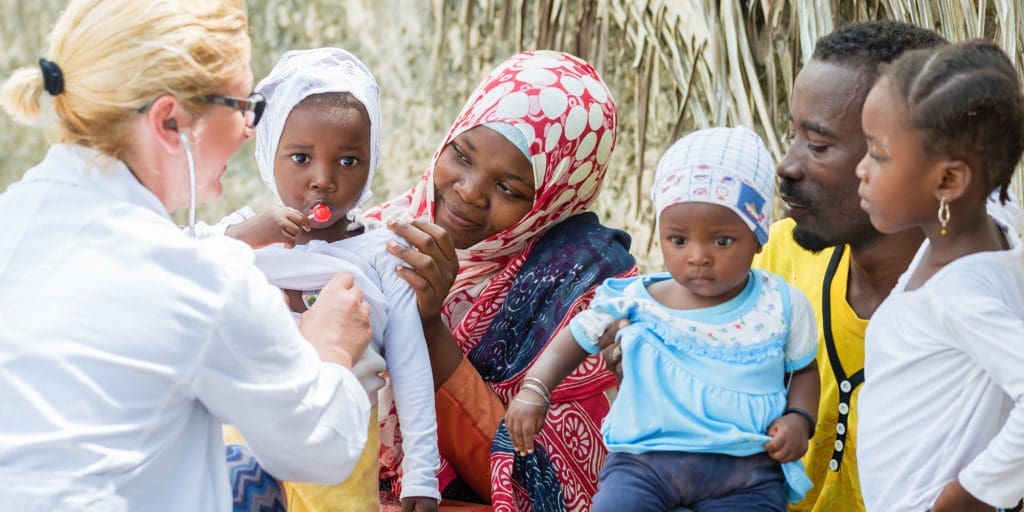A new malaria vaccine, known as R21, has proven to be 77% effective in early Phase II trials, the highest efficacy ever achieved by a malaria vaccine in the nearly 110 years of malaria research. Scientists at the University of Oxford, responsible for the Oxford/AstraZeneca coronavirus vaccine, believe the vaccine could be approved in the next two years. Using the same fast tracking and global support that the COVID-19 vaccines received, the team hopes to bring the vaccine to the global stage in rapid fashion.
Malaria is an extremely deadly disease that is estimated to kill over 400,000 people each year, with nearly 67% of all deaths occurring in children under the age of five. Since the first approved vaccine in the 1940s, there have been 140 different malaria vaccines that have undergone clinical testing. Before R21, the highest efficacy malaria vaccine was just 55%.
The World Health Organization (WHO), a specialized agency of the United Nations responsible for international public health, has set a target efficacy of 75% to be achieved by 2030 which, with the possibility of R21 becoming approved, could be reached in the next few years.
“We look forward to the upcoming Phase III trial to demonstrate large-scale safety and efficacy data for a vaccine that is greatly needed in this region.”
“These are very exciting results showing unprecedented efficacy levels from a vaccine that has been well tolerated in our trial programme,” Halidou Tinto, professor in parasitology at the University of Bobo-Dioulasso and the trial’s lead investigator, said in a statement in regards to the vaccine. He added, “We look forward to the upcoming Phase III trial to demonstrate large-scale safety and efficacy data for a vaccine that is greatly needed in this region.”

The vaccine was tested on a group of 450 children between the ages of 5-17 months, all of which lived in Burkina Faso, a country in western Africa, and lasted 12 months. The children were split into three groups, and received varying doses of the R21 vaccine ranging from low to high.
After 12 months, scientists reported the higher dose group were 77% less likely to contract malaria, and were 71% less likely in the lower dose group. Scientists also noted that there were no adverse effects of the vaccine.
The researchers at Oxford are now turning their attention towards a Phase III trial, which would involve 4,800 children aged 5-36 months, that would span across four different African countries. Partnered with the Serum Institute of India and the drug maker Novavax, the University hopes to manufacture at least 200 million doses of the vaccine annually once approved.
“We look forward to the upcoming ‘phase III’ trial to demonstrate large-scale safety and efficacy data for a vaccine that is greatly needed in this region,” said Tinto.
The vaccine could prove to have a major public health impact if approved, and could potentially prevent hundreds of thousands of deaths every year.
Africa currently hosts almost 95% of all malaria cases and deaths each year. In 2019, more than 409,000 people died of malaria, with nearly 230 million cases worldwide. A vaccine with such a high efficacy as R21 could prove to be an extremely effective tool in controlling and treating malaria.




